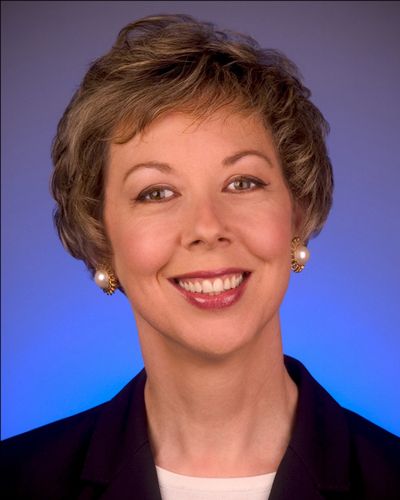Barton headlines free dyslexia seminar

A free seminar on dyslexia Thursday will address the causes and warning signs of dyslexia and ways to help children with the learning disorder learn.
Susan Barton, a frequent speaker on dyslexia, reading instruction and literacy issues, will present the three-hour seminar at Central Valley High School. Barton created a tutoring system to improve the reading and writing skills of people with dyslexia and other learning disabilities, although organizers say the seminar is not a sales event.
Dyslexia impairs a person’s ability to read. Before children with dyslexia reach school age, they might be late to start talking, learn new words slowly or have difficulty rhyming, according to the Mayo Clinic. School-age kids with dyslexia might be reading below their grade level or have trouble understanding what they hear. Treatment usually involves modified teaching methods to address the child’s specific learning problems.
Third grade is a key year for readers. For those struggling to read, it’s when the learning gap widens, said Kerry Jensen, a Liberty Lake resident who cofounded the dyslexia awareness and education group Enlighten after discovering during her daughter Elsa’s third-grade year that she had the disorder. The group is organizing Thursday’s event.
Jensen said she spent hours nightly working on homework with her daughter, but Elsa was falling further behind and losing confidence.
“Anything that was related to reading and writing was very laborious,” Jensen said.
One desperate night, Jensen said, she watched an online video by Barton called “Could it be Dyslexia?”
“My jaw was on the ground,” she said. “She described Elsa to a T. Not only was she dyslexic, she was textbook.”
Jensen learned that kids with dyslexia lack “phonemic awareness,” which lets most people identify the smallest units of sounds. The word “cat” for example, requires the listener to recognize three phonemes – the sounds made by the C, the A and the T. To her daughter, the word was one unit, its components inseparable. Jensen also learned that dyslexia is often hereditary; her husband, a dentist, has it, and she’d later learn that Elsa’s younger sister has it, too.
Jensen began to tutor Elsa using an approach that focused explicitly on the basics of word formation, systematically teaching her the parts of language that others acquire almost automatically.
“Things started clicking almost immediately in her head,” Jensen said. Now an eighth-grader, Elsa is doing well in school, still using some tools her mother introduced years ago, including multisensory learning – listening to an audio recording of a book as she reads a printed copy, for example.
Part of Enlighten’s mission is to educate teachers about dyslexia. Along with parents, the seminar is designed for teachers and others who work in education along with pediatricians, counselors and psychologists.